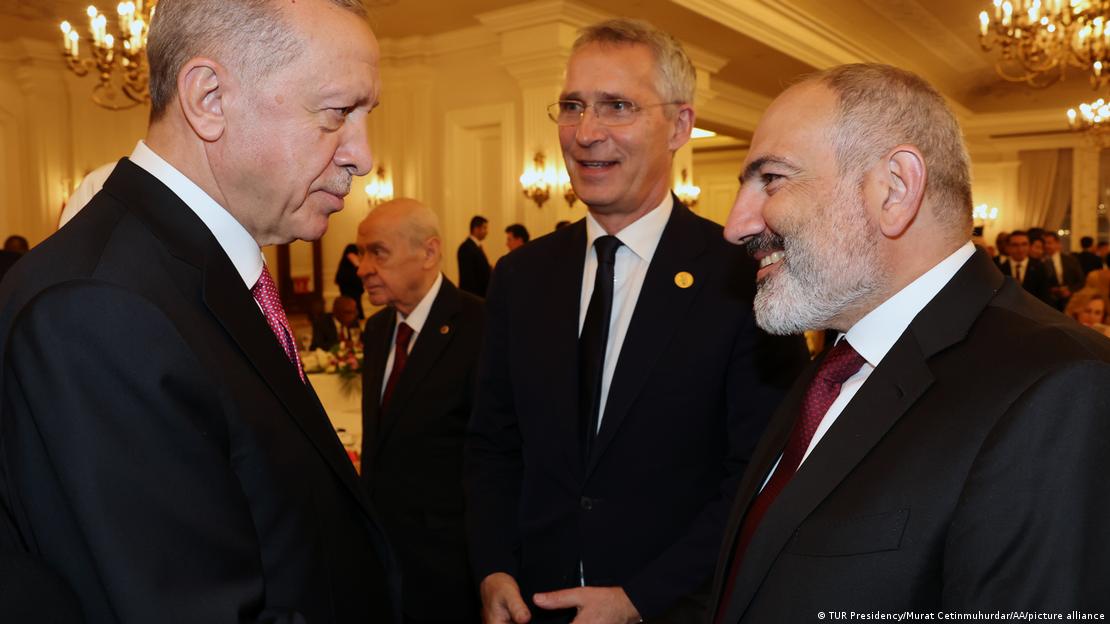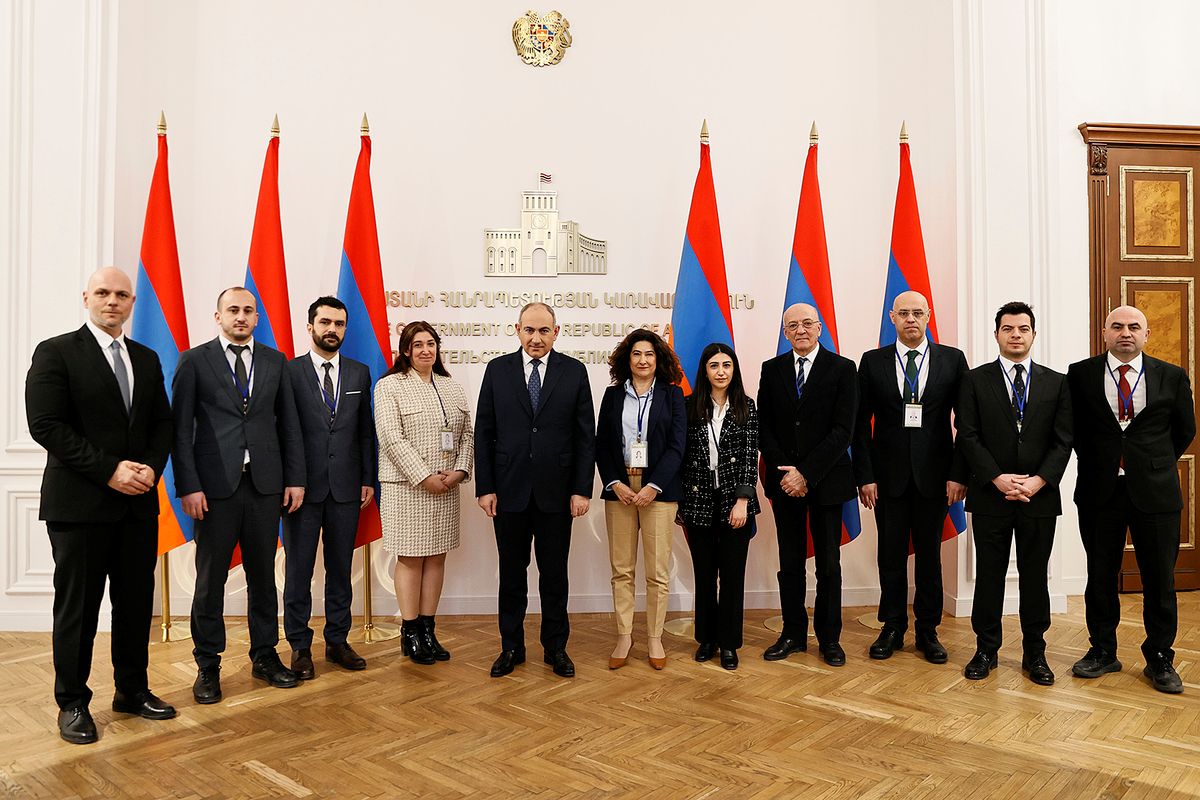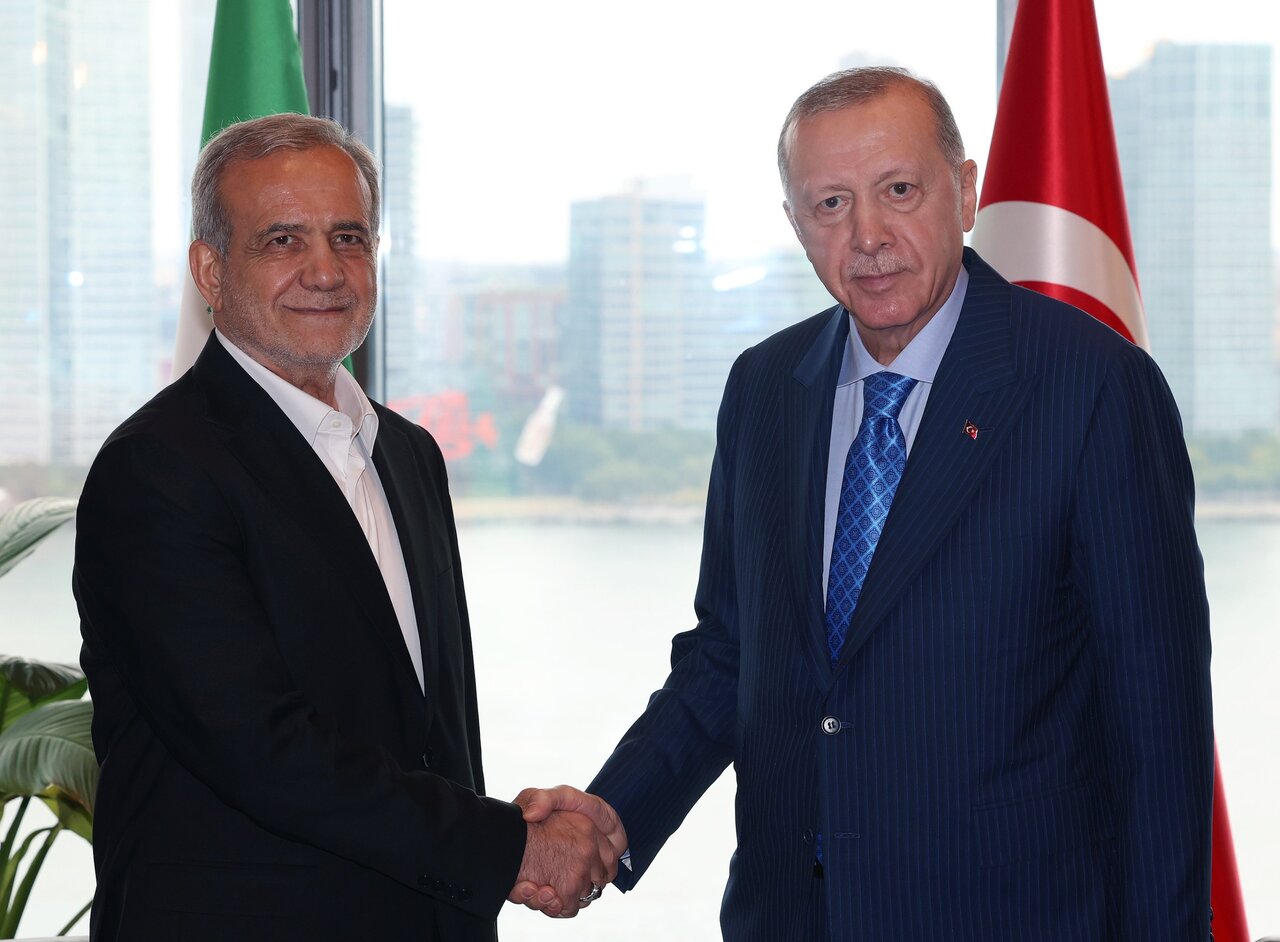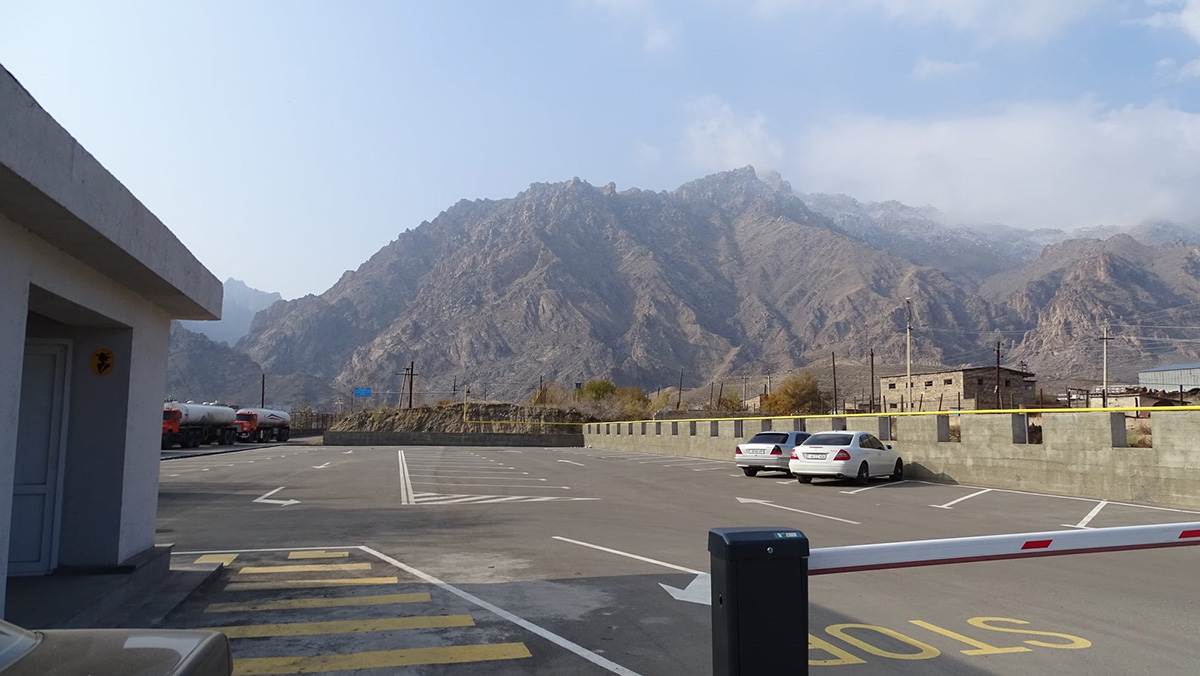"South Caucasus is losing priority in Ankara’s foreign policy” - comment from Yerevan
Turkey’s role in the South Caucasus
Turkey is actively positioning itself as a mediator in major international conflicts — from the Middle East and the South Caucasus to Ukraine and Africa. To boost its prestige and influence in global affairs, it skilfully leverages diplomacy and its strategic geographic location.
Turkologist Ruben Safrastyan shares his view on how Turkey’s ambition to become a global power could complicate the regional situation and increase pressure on Armenia within wider geopolitical processes.
- ‘There’s a chance to open new era in Caucasus’ – Armenian Foreign Minister at Antalya forum
- Armenia–Turkey border opens for 10 days – what’s next?
- Opinion from Yerevan: “Turkey’s preconditions for Armenia are often voiced from Baku”
Ruben Safrastyan, turkologist
Drive for global influence
“After the 2020 Karabakh war, Turkey’s role in the South Caucasus increased. But its ambitions go far beyond the region. Ankara is striving for a higher status — it seeks the role of a global power capable of influencing international developments. This is one of the main goals of Turkish foreign policy, and it is largely driven by the personal ambitions of President Erdoğan.
However, as a mid-sized regional power with limited resources — in terms of population, economy and territory — Turkey faces challenges in pursuing these far-reaching aims. To raise its global profile, it increasingly acts as a mediator in international conflicts. This is part of its strategy to expand influence.
In the South Caucasus, Turkey remains one of the key players alongside Russia and Iran. But its focus is shifting more and more toward the Middle East, where it sees greater opportunities to achieve its strategic objectives. Despite the region’s importance, the South Caucasus is gradually losing priority in Ankara’s foreign policy.”
US support and role in Syria
“With backing from the United States, Turkey has stepped up its role in the Middle East, particularly in Syria. There, it is assisting the new regime — with its particular nature — in maintaining control over the country.
Syria is a complex state with many ethnic and religious groups, and therefore many conflicts. Turkey is filling the vacuum left by the reduction of the US presence. This is, in part, a realisation of its ambition to become a power with global influence.
However, as a mid-sized regional state, Turkey struggles to cope with the increased responsibilities. It is also competing with Saudi Arabia, which the US continues to support through multibillion-dollar arms deals. Saudi Arabia, in turn, is counterbalancing Israeli influence in Syria — especially in light of Iran’s potential strengthening should it reach agreements with the US, and Egypt’s growing ambitions. In this complicated game, the Middle East has become Ankara’s main focus — and the South Caucasus a lesser priority.”
Differences in Turkey and Azerbaijan’s approaches
“Turkey and Azerbaijan view the Armenian-Azerbaijani peace process differently. Ankara approaches it from a global perspective. It is pushing for a swift signing of a peace agreement in order to solidify its leading role in the South Caucasus through Azerbaijan. This is a strategic move aimed at formally confirming its influence in the region.
Azerbaijan, by contrast, is acting tactically. It is pursuing more localised objectives, particularly seeking additional concessions from Armenia. Baku is focused on achieving practical results, whereas Turkey is satisfied with any outcome — as long as the process concludes quickly.”
Transport ambitions
“For Turkey, the so-called ‘Zangezur Corridor’ holds strategic importance. If granted extraterritorial status, the corridor would allow Ankara to connect directly with Azerbaijan — and via the Caspian Sea — with the Turkic states of Central Asia.
Turkish President Recep Tayyip Erdoğan is actively promoting the idea of strengthening cooperation among Turkic countries and creating a unified Turkic world. Turkey also openly aspires to become a key regional oil and gas transit hub. The vision is that energy resources from Central Asia would flow through Azerbaijan and southern Armenia (the road through Meghri, referred to by Baku and Ankara as the ‘Zangezur Corridor’) into Turkey, from where they would be distributed to Europe.
At present, Erdoğan’s project faces significant challenges: Turkey’s railway network is not connected to Nakhichevan.To achieve this, a 220-kilometre railway must be built from Kars to Nakhichevan through challenging mountain terrain with bridges and tunnels. Despite a decade of talks, construction began only recently and isn’t expected to finish before 2029.
For Turkey, the corridor remains more of a political concept than a practical project. For Azerbaijan, however, it has tangible utility — namely, providing a direct railway link to Nakhichevan.
Although Baku currently uses an upgraded road through Iran, it aims to reduce reliance on Tehran. At the same time, it aims to increase pressure on Armenia.
Turkey, too, is keen to eliminate Iranian control over transit routes. For this reason, both Ankara and Baku insist on extraterritorial status for the corridor through Armenia — meaning they do not want Yerevan to control the road running through its own sovereign territory.”
Limits to Turkey’s ambitions
“Pressure from Ankara and Baku on Armenia is unlikely to succeed. Yerevan will not agree to an extraterritorial corridor — the road runs through Armenian territory, and Armenia must retain control over it.
In theory, Azerbaijan could resort to military force. But after its significant losses in the 2020 war in Artsakh, and given current geopolitical realities, that scenario is unlikely.
For Turkey, the priority is to secure the current status quo in the region. The key outcome of the Nagorno-Karabakh war has been the weakening of Russia’s influence in the South Caucasus. For years, the Karabakh conflict served as a strategic lever for Moscow — but that tool is now gone.
Ankara seeks to consolidate this result and maintain its position in the region until more favourable conditions emerge. However, its global ambitions remain constrained by the limits of a middle power — making many of its goals difficult to achieve.”






















